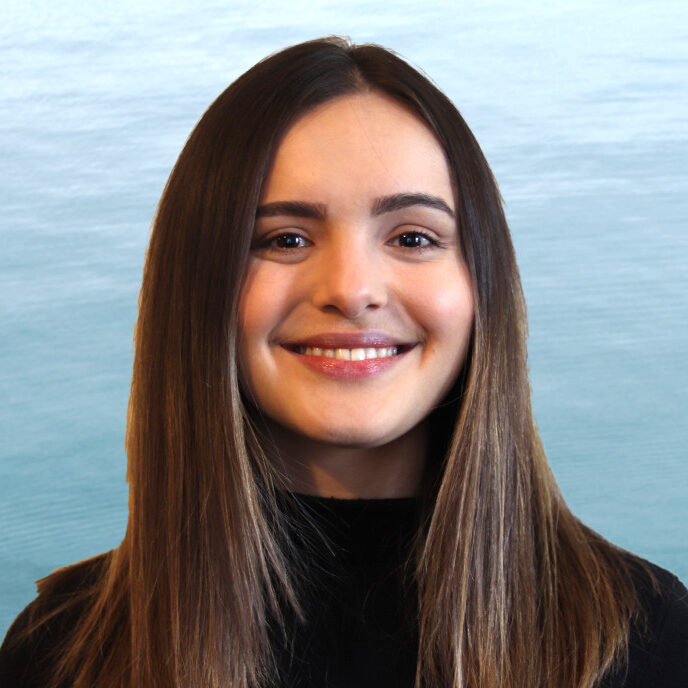Speech-Language Pathologist
M.Sc., Reg. CASLPO
As a Speech-Language Pathologist, I feel driven and inspired to support my clients on their individual communication journeys. I deeply value the connections I make with clients and their families as well as the opportunity to learn alongside them. I have been so fortunate to experience many moments of shared joy, accomplishment, and determination during my time in this role. With communication being such an integral part of our existence, it truly is a privilege to be able to help others in this way. In my free time, I enjoy reading, being outdoors, and spending time with friends and family.
Victoria Charron is a registered Speech-Language Pathologist with the College of Audiologists and Speech-Language Pathologists of Ontario (CASLPO) and a member of Speech-Language Audiology Canada (SAC). Victoria was raised in Caledon, Ontario and previously completed a clinical internship at the Orangeville Speech & Language Clinic in 2018. We are so excited to have her working as a part of our clinical team!
Victoria completed graduate studies at McMaster University and received her Master of Science in Speech-Language Pathology in 2019. Victoria was honoured to receive the Ontario Graduate Scholarship at McMaster University and completed a research project examining the impact of mild traumatic brain injury on students returning to secondary and post-secondary education.
Victoria is passionate about providing person-centred care and prioritizing each person’s values and interests. Victoria has a special interest working with preschool and school-aged children and their families in the areas of language development, literacy, social-emotional development, speech sound disorders, complex communication disorders, and augmentative and alternative communication. She has experience providing assessment and therapy to both children and adults in a variety of settings.
Victoria is committed to continuous learning and has completed advanced continuing education in assessment and treatment of phonological and motor speech disorders (PROMPT), assessment and treatment of multilingual and culturally diverse individuals, as well as the importance of play and neurodiversity-affirming practices related to best supporting autistic children and adults.
